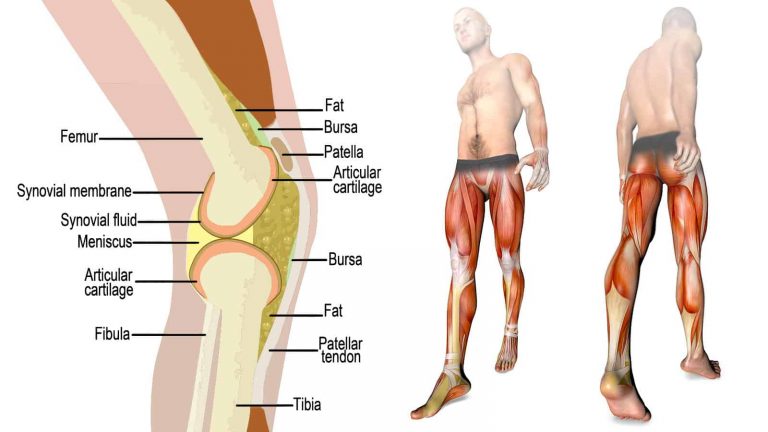Exercise is vital for our wellbeing and health, but it need not be strenuous or prolonged to have an impact.
Specifically, walking is among the finest strategies to keep your body in good shape and improve your health. According to research by scientists, daily walking has the following advantages:
Improved heart health
Walking offers countless health benefits, and among them, it lowers the risk of cardiovascular conditions. It improves heart health in the following ways:
- Lowers the risk of stroke and coronary issues
- Lowers the risk of heart disease and failure
- Strengthens heart rate
- Improves cholesterol balance
- Lowers blood pressure
- Boosts blood circulation
- Regulates fat balance
- Boosts oxygen circulation
- Strengthens organs
- Improved immune function
Additionally, research has shown that walking reduces your chance of getting the flu or a cold. In a study that followed 1,000 adults during flu season, researchers discovered that those who walked for 30 to 45 minutes per day at a moderate pace had 43 percent fewer ill days and overall upper respiratory tract infections than those who were sedentary.
Find out more about: Key Lime Pound Cake With Key Lime Cream Cheese Icing
If they did become ill, walking also lessened their symptoms.
Strengthens joints and bones
One of the best strategies to stop age-related degeneration is to walk every day because it keeps the muscles and joints strong.
- Walking is excellent in the case of lower back pain, as it relieves chronic pain and manages the discomfort more productively than other, more intense, exercises
- Walking strengthens the bones as they support the body weight and boosts their density to prevent damage or disease development
- Walking loosens up the joints and prevents stiffness, alleviating arthritis symptoms
- By strengthening the bones and muscles, it lowers the risk of fractures
- It boosts blood circulation and improves flexibility around the lower back area
- It strengthens the legs and builds up muscle and endurance, preventing joint pain
Weight loss
Regular walks will also help you get in shape and shed those extra pounds. Namely,
- Walking increases your metabolism
- Walking engages numerous muscles, so it helps in the process of muscle building
- Walking after meals lowers the levels of glucose in the blood
- Walking increases your heart rate and boosts the elimination of excess fat in the body
- Walking helps digestion since it increases the speed of the movement of food through the body and stomach
- Improved vision
According to the American Academy of Ophthalmology, regular walking is good for our eyes. Regular walks are especially helpful in the case of glaucoma, which is predicted to affect 111.8 million people between the ages of 40 and 80 by the year 2040, as they lessen the strain the ailment places on the eyes.
Additionally, it significantly reduces glaucoma risk by 73%.
Energy boost
Walking daily will help you stay energized since it boosts oxygen flow throughout the body. Additionally, it can raise levels of the chemicals cortisol, adrenaline, and norepinephrine, which support boosting energy.
Improved creative thinking
According to research, going for a stroll promotes creative thinking and helps you clear your thoughts. One study, specifically, examined four tests in which participants tried to come up with fresh ideas while walking or sitting.
Results showed that individuals performed better while walk, especially while walking outside. In fact, walking encourages the free flow of ideas and is a terrific approach to increase creativity while staying physically active.
Positive mental change
Walking is one of the best ways to improve your mental health, since it:
- Alleviates the symptoms of depression
- Relaxes the mind, reduces stress, and prevents anxiety
- Improves mood, since it stimulates the production of positive hormones known as endorphins
- Lowers the risk of developing degenerative disorders like dementia and Alzheimer’s, as well as other brain-related diseases, like strokes
- Therefore, a regular half an hour walk will improve your health in various ways and provide many of the countless benefits of exercise!
After reading this text you can also read about: Lack of Vitamin C May Cause Serious Health Issues. Here are 9 Early Warnings Your Body Is Low in Vitamin C



